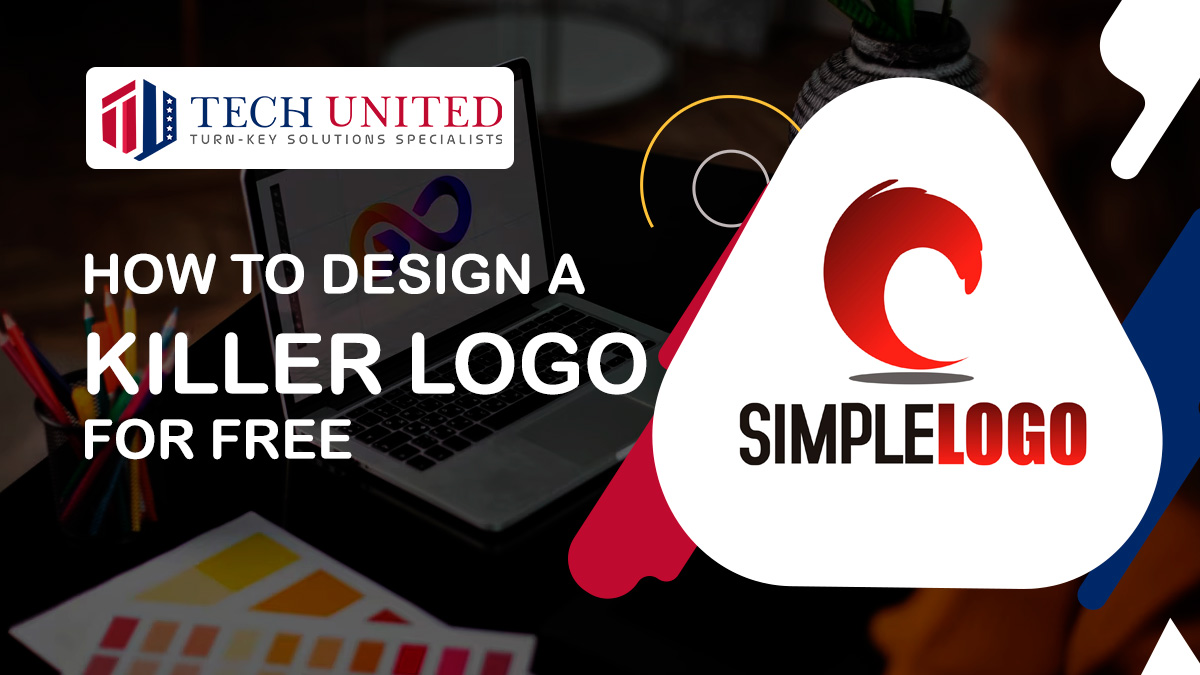Optimize User Experience: Make sure that your website is user-friendly and provides a seamless browsing and purchasing experience. This includes easy navigation, clear product descriptions, high-quality images, and a secure checkout process.
Offer Discounts and Special Promotions: Offer limited-time discounts, special promotions, and deals to incentivize customers to make a purchase.
Use Product Recommendations: Personalize the shopping experience by recommending products that are most likely to interest the customer based on their browsing and purchase history.
Implement Live Chat and Customer Support: Make it easy for customers to get help and support by offering live chat and customer support options on your website.
Highlight Customer Testimonials and Reviews: Showcasing positive customer testimonials and reviews can increase trust and credibility, and encourage customers to make a purchase.
Make the Call-to-Action prominent: The call-to-action (CTA) is the button or link that you want customers to click to make a purchase or take another desired action. Make sure that the CTA is prominently displayed and easy to find.
Utilize Email Marketing: Use email marketing to reach out to customers with personalized and targeted messages, promotions, and offers.
Invest in Search Engine Optimization (SEO): Ensure that your website is optimized for search engines so that it appears at the top of search results when customers are searching for products or services that you offer.
Remember, the key to successful sales promotion through a website is to understand your target audience and what motivates them to make a purchase. By implementing the strategies mentioned above, you can increase the likelihood of prompting sales through your website.
Why Creating a Website Is Important
Having a website can be important for a variety of reasons. Here are a few benefits of having a website:
Visibility and reach: A website can provide a platform for your business or organization to be seen by a large audience, both locally and globally.
Credibility: A well-designed and professional website can help build trust and credibility with potential customers and clients.
Increased accessibility: With a website, people can find information about your business 24/7, making it easier for them to learn about what you do and get in touch with you.
Cost-effectiveness: A website can be a cost-effective marketing tool, as it allows you to reach a large audience without incurring the cost of traditional advertising methods.
Flexibility: A website can be easily updated and changed to keep up with the evolving needs of your business.
In today's digital age, having a website is increasingly becoming a necessity for businesses and organizations of all sizes. It provides a valuable opportunity to connect with customers and reach new audiences, helping to grow your business and achieve your goals.






